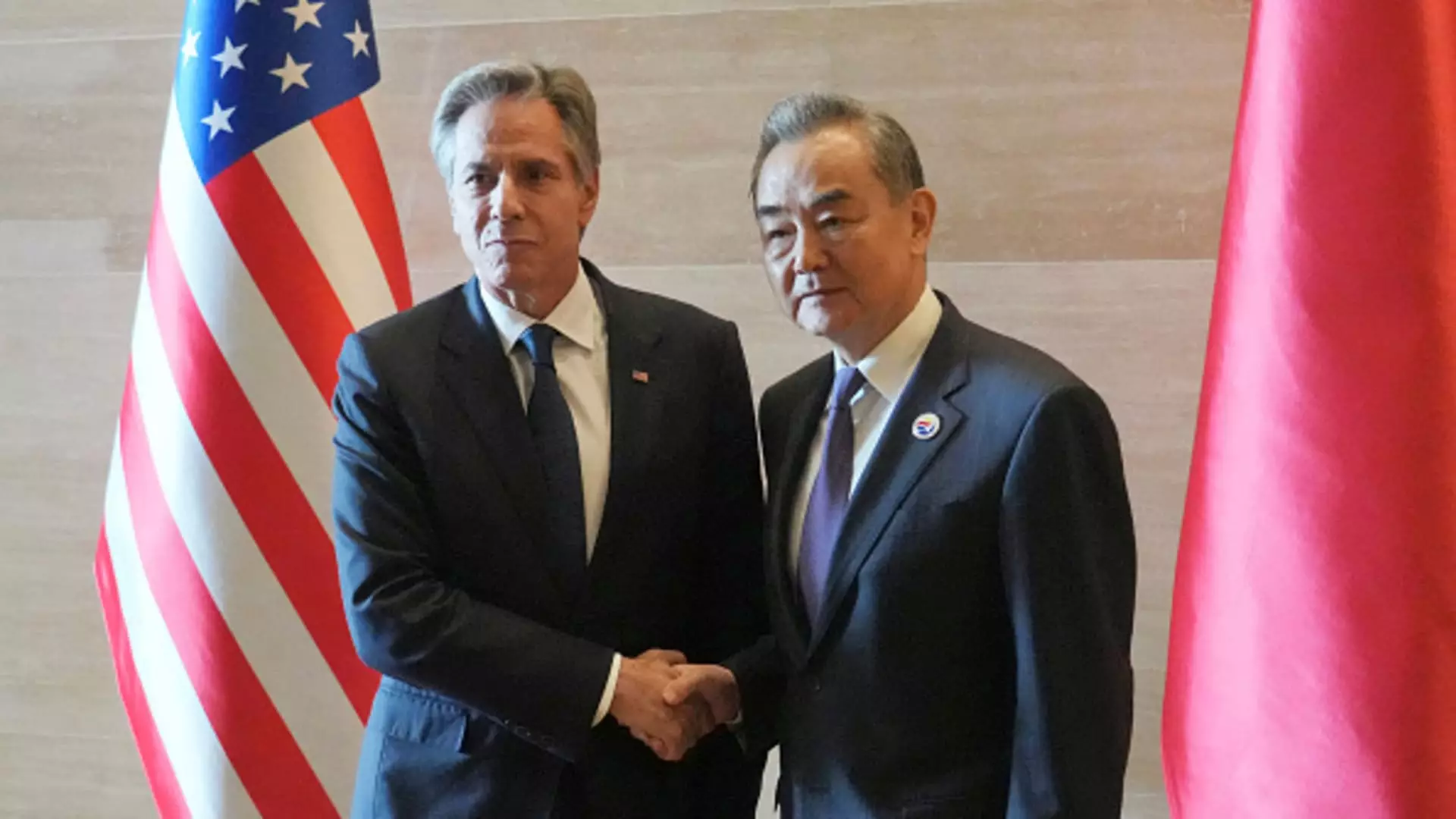At a recent security-focused ASEAN Regional Forum, U.S. Secretary of State Antony Blinken did not hold back in criticizing Beijing for its “escalating and unlawful actions” in the South China Sea. He specifically called out China for its coast guard’s hostile behaviors towards the U.S. defense treaty ally, the Philippines, in the South China Sea. This direct confrontation between the two countries has caused regional concern about a potential escalation that could draw U.S. intervention.
On the sidelines of the forum, Russian Foreign Minister Sergei Lavrov expressed unease over Washington’s plan for a nuclear deterrence with ally Seoul for the Korean peninsula. Lavrov mentioned that the guidelines on the operation of U.S. nuclear assets in the region were adding to regional security concerns and causing additional anxiety. This statement highlights the tension and complexity surrounding nuclear weapons deployment in the Korean peninsula.
Efforts Towards Ceasefire in Gaza
Amidst the discussions about regional conflicts and tensions, U.S. Secretary of State Antony Blinken emphasized the United States’ dedication to achieving a ceasefire in Gaza and working towards a lasting peace and security solution. This commitment aligns with the sentiments shared by other diplomats, such as Indonesia’s Foreign Minister Retno Marsudi, who highlighted the urgent need for sustainable peace in the region. The ongoing conflict in Gaza has led to a dire humanitarian situation, with casualties on both sides and an urgent call for international law to be upheld.
Challenges in Myanmar’s Civil War
Australian Foreign Minister Penny Wong addressed the intensifying civil war in Myanmar, urging the military rulers to take a different path and end the conflict. The military’s attempts to suppress resistance from ethnic minority rebel groups have resulted in widespread displacement and casualties. ASEAN’s peace plan for Myanmar has faced challenges as all sides refuse to engage in dialogue, leading to instability and security concerns in the region.
As the diplomatic summit concluded, ASEAN issued a communique stressing the importance of unity behind its peace plan and condemning violence against civilians. The regional organization urged all stakeholders involved in conflicts, including those in the South China Sea, to de-escalate tensions and prevent further incidents that could complicate disputes. This call for peaceful resolutions underscores the critical role that diplomacy plays in addressing global security challenges.
The global diplomatic summit brought to light various regional conflicts, tensions, and challenges that require careful navigation and collaboration among nations. From the South China Sea disputes to nuclear deterrence plans in the Korean peninsula and ongoing conflicts in Gaza and Myanmar, the discussions at the forum reflected the complex nature of international relations. As countries work towards finding common ground and seeking peaceful solutions, the need for diplomacy, dialogue, and respect for international law remains paramount in addressing the pressing issues facing the global community.



Leave a Reply